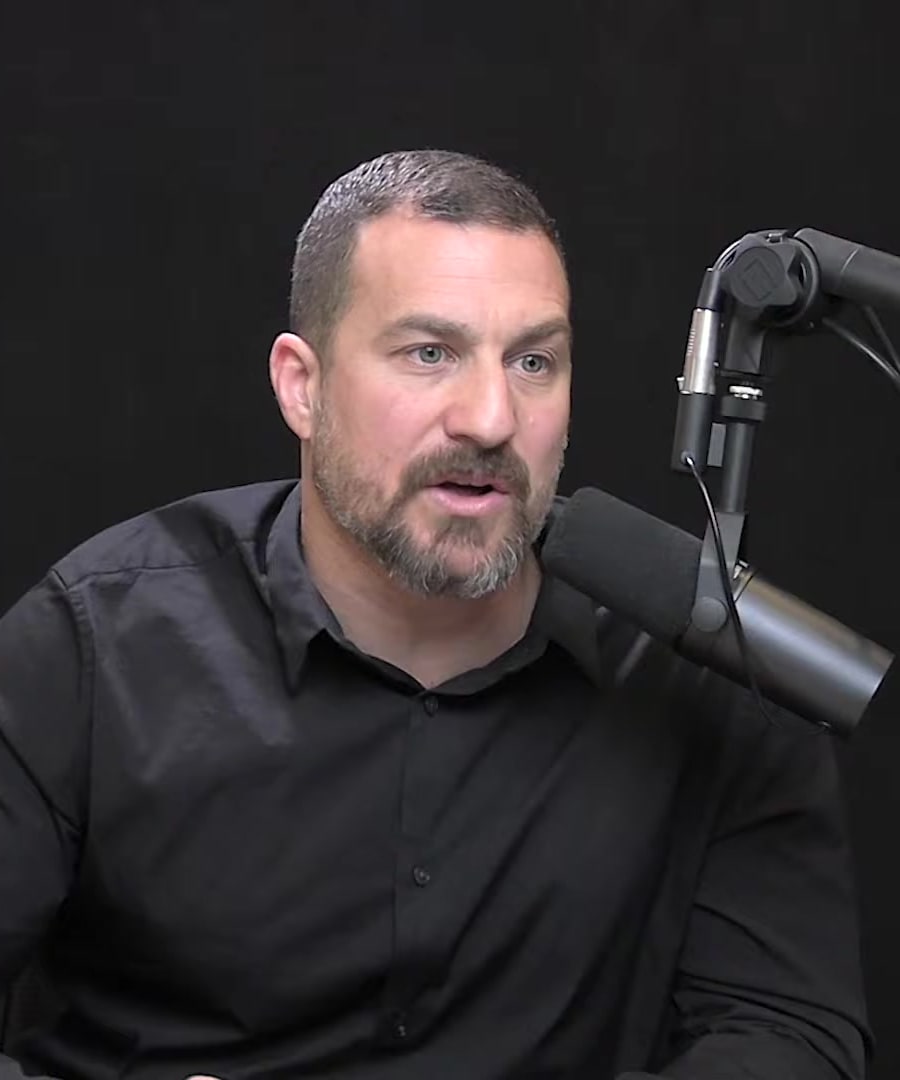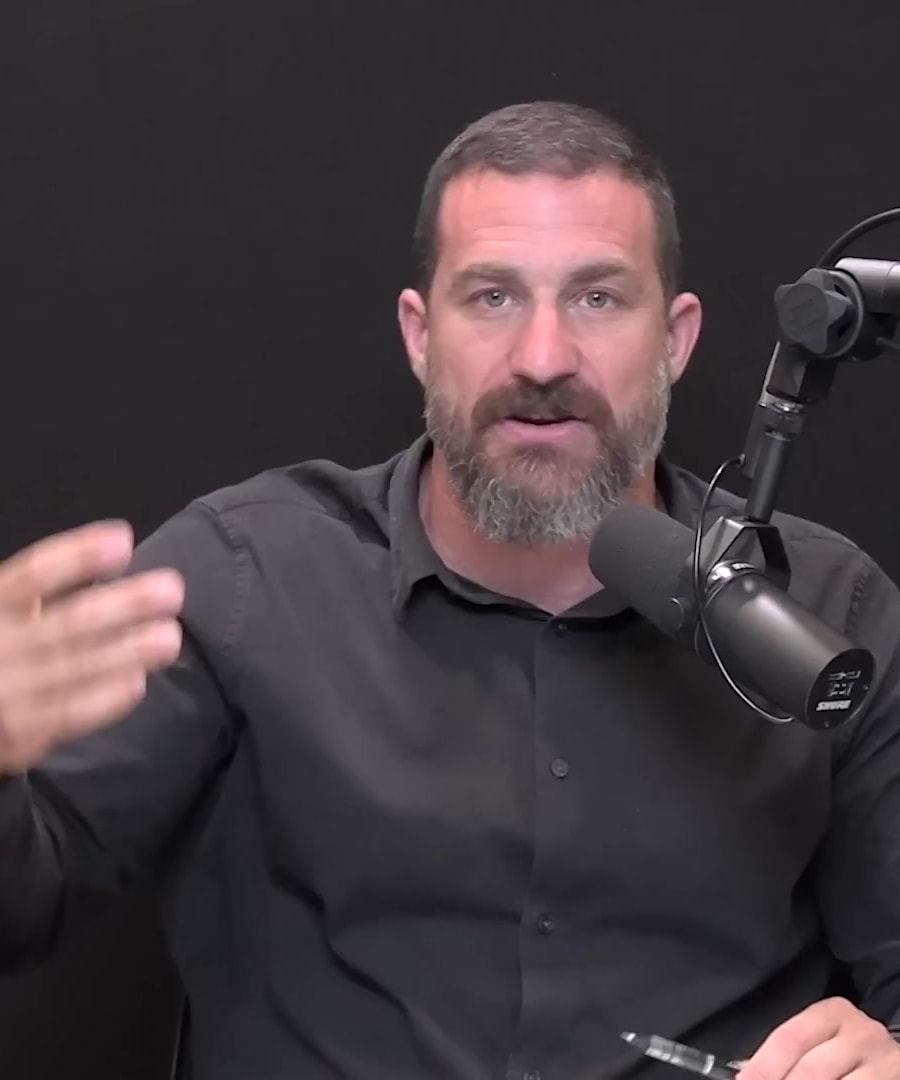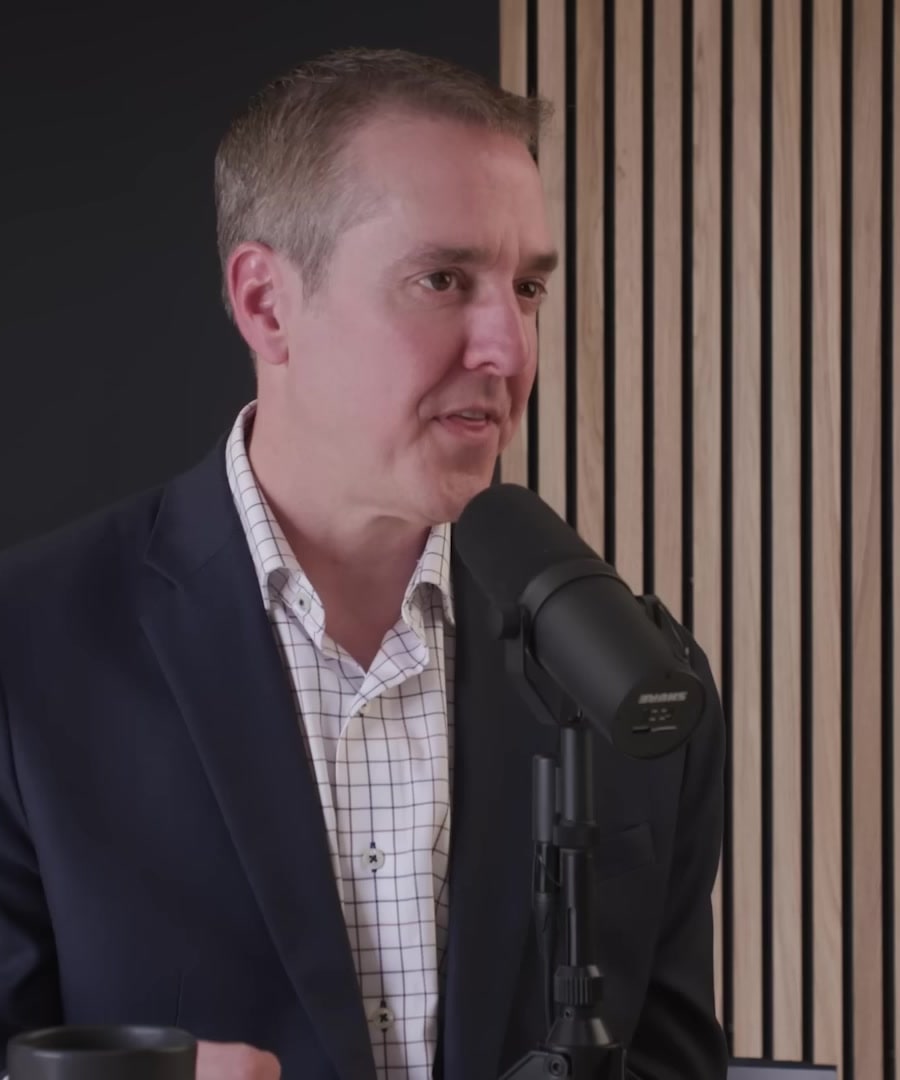How does Marijuana disrupt your sleep?
Sources:
Marijuana, particularly the component THC (tetrahydrocannabinol), can disrupt the architecture of sleep and block REM (Rapid Eye Movement) sleep. Regular use of THC has been tied to a decrease in REM sleep, with users often noticing that they don't remember their dreams. When users stop THC consumption, they sometimes experience intense dreams, referred to as "REM rebound," where the brain tries to catch up on the REM sleep it's missed but never fully recovers all the lost REM sleep. This is because THC can lead to withdrawal dependency, causing severe rebound insomnia and, potentially, a dependency tolerance where more THC is required to attain the same sleep-inducing effects. Additionally, it's highlighted that while THC might expedite the onset of non-consciousness, it does not provide restful, restorative sleep 1 2 3.
RELATED QUESTIONSCould you share some study summaries related to marijuana and sleep?
Sources:
The has provided various insights into how marijuana, particularly THC, disrupts sleep. , a neuroscientist and sleep researcher, discussed with that THC accelerates the onset of non-consciousness but disrupts the architecture of sleep by blocking REM sleep. People using THC may not remember many of their dreams, and when they stop using it, they experience intense dreams due to a REM sleep rebound effect 1.
also mentioned that substances like alcohol and THC disrupt sleep patterns and depth, leading to less restorative sleep. While THC can make people feel like they fall asleep faster, it doesn't provide the kind of deep, restorative sleep needed for health 2.
Regarding the effects of cannabis on the body and the impact on sleep, explained that the CB1 receptors present throughout the nervous system, including in the spinal cord, are responsible for some of the pain relief provided by THC. However, most studies examining marijuana's effects on sleep have not differentiated between sativa and indica strains, which is unfortunate given people's differing use of these strains in reality 3.
also discussed potential mechanisms behind how CBD may benefit sleep, including thermoregulatory effects, anxiolytic properties, and alteration of adenosine signaling, although he noted these are tentative hypotheses 4.
Lastly, Dr. Chris Palmer, a board-certified psychiatrist and Harvard professor, noted that THC impairs mitochondrial function in the brain, which may have consequences for mental and metabolic health. added that the high concentrations of THC in many products can be problematic, especially for adolescents 5.
These discussions combine a variety of findings from different studies, providing a comprehensive overview of how marijuana and its constituents affect sleep architecture and overall well-being.
RELATED QUESTIONS
How does Marijuana disrupt your sleep?
- RELATED QUESTIONS
Could you share some study summaries related to marijuana and sleep?
- RELATED QUESTIONS





